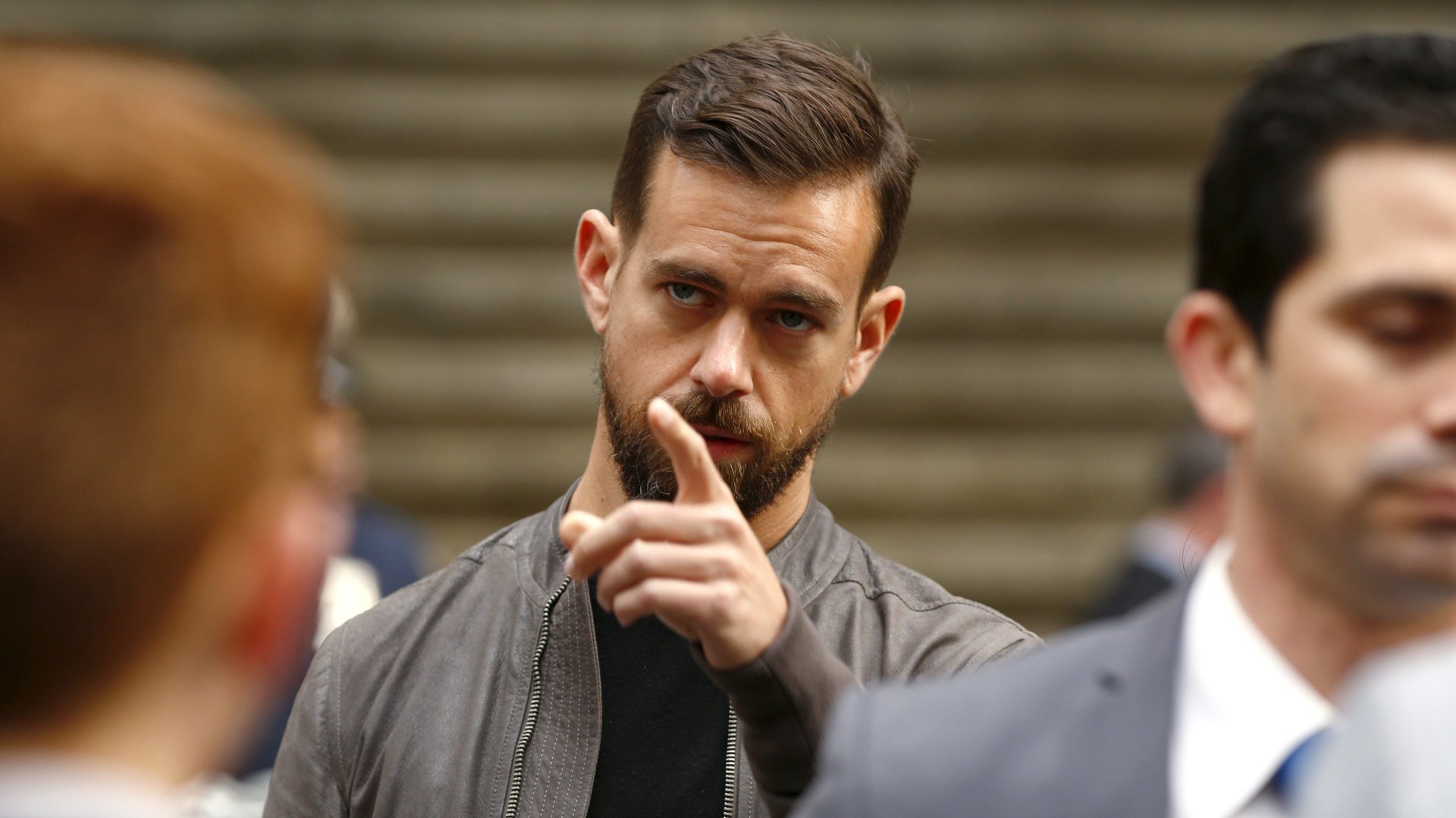Twitter is hoping a Magic Pony will help it stay relevant in video
Twitter’s famous blue bird is getting some equine company. The messaging platform announced today (June 20) that it acquired Magic Pony Technology, a startup based in London that applies machine learning to video, for an undisclosed sum. Its acquisition looks like Twitter’s latest attempt to reverse its slumping fortunes by boosting its efforts in the increasingly hot artificial intelligence space. Investors appear relieved: Twitter stock was up 1.5% in early trading.


Twitter’s famous blue bird is getting some equine company. The messaging platform announced today (June 20) that it acquired Magic Pony Technology, a startup based in London that applies machine learning to video, for an undisclosed sum. Its acquisition looks like Twitter’s latest attempt to reverse its slumping fortunes by boosting its efforts in the increasingly hot artificial intelligence space. Investors appear relieved: Twitter stock was up 1.5% in early trading.
But don’t expect this deal to produce yet another digital assistant with an anodyne female moniker. Magic Pony’s tech is focused on turning low-resolution images and videos into high-resolution versions of themselves. It does so by training convolutional neural networks (algorithms that establish how various nodes are related) to guess how the lines and shades on a low-resolution image or video should be modified to make it look high-res.
You can imagine Magic Pony’s tech being applied to Periscope, Twitter’s live-streaming app, to enable clearer broadcasts. It could also be used to allow snappier transmission of photos and videos on the Twitter platform itself. “Magic Pony’s technology … will be used to enhance our strength in live and video and opens up a whole lot of exciting creative possibilities for Twitter,” Jack Dorsey, Twitter’s co-founder and chief executive, said in a post announcing the deal.
The Magic Pony team of 14 will join Twitter Cortex, the company’s machine-learning unit. Cortex is led by three executives, which include the founders of an earlier Twitter acquisition called Madbits. Although the Magic Pony acquisition doesn’t sound huge–companies like Google and Microsoft have hundreds of research scientists focused on machine-learning–it will actually grow Twitter’s abilities in the area significantly. The Cortex unit currently has 31 staffers listed on its website, so the Magic Pony deal will grow that headcount by over 40%.
Magic Pony’s latest accounts (pdf) show it had £880,000 ($1.3 million) in cash in the bank at the end of 2015. It has raised an undisclosed amount of funding from angel investors and VCs like Balderton Capital and Octopus Ventures. It was planning to make money by licensing its technology to “several large companies” when the MIT Technology Review profiled it two months ago. Now, its chief executive, Rob Bishop, will move to Twitter headquarters in San Francisco. The rest of the team stays in London, according to Twitter.
The UK has been fertile ground for big tech companies seeking AI acquisitions, as a number of the country’s computer science faculties, including Cambridge University, University College London, and Imperial College London, pump out batches of freshly minted PhDs and master’s degree-holders in AI disciplines. Students have met in these programs and formed companies that have been acquired by global tech giants. Google found DeepMind, formed by UCL alumni; Microsoft got SwiftKey (Cambridge); and Salesforce bought Prediction.io (also UCL). Magic Pony, whose founders went to Imperial, is the latest addition to the list.